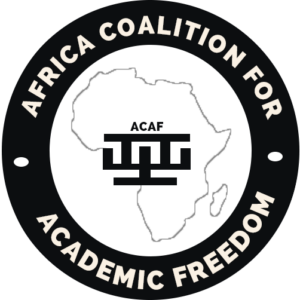The landscape of academic freedom across African universities presents both significant challenges and promising opportunities. As universities continue to serve as crucial centers of knowledge production and intellectual discourse, understanding the current state of academic freedom becomes increasingly vital for the continent’s development.
Recent trends show that while many African nations have constitutionally recognized academic freedom, practical implementation remains complex. Universities face challenges ranging from resource constraints to external pressures that can limit intellectual independence. However, there are also encouraging developments, with institutions increasingly adopting robust policies to protect academic freedom.
Key factors shaping today’s academic landscape include:
The growing recognition of universities’ role in advancing democracy and development has highlighted the critical importance of protecting academic freedom. This recognition has led to increased dialogue between institutions, governments, and civil society organizations about strengthening protections for intellectual independence.
Despite these challenges, success stories emerge across the continent. Universities in countries like Ghana and South Africa have developed strong institutional frameworks for protecting academic freedom, providing models for others to follow. These institutions demonstrate how strong leadership, clear policies, and engaged academic communities can create environments where intellectual inquiry thrives.
Moving forward, protecting and advancing academic freedom requires sustained commitment from all stakeholders. This includes supporting institutions in developing robust policies, building networks for mutual support, and engaging with policymakers to strengthen legal protections.

